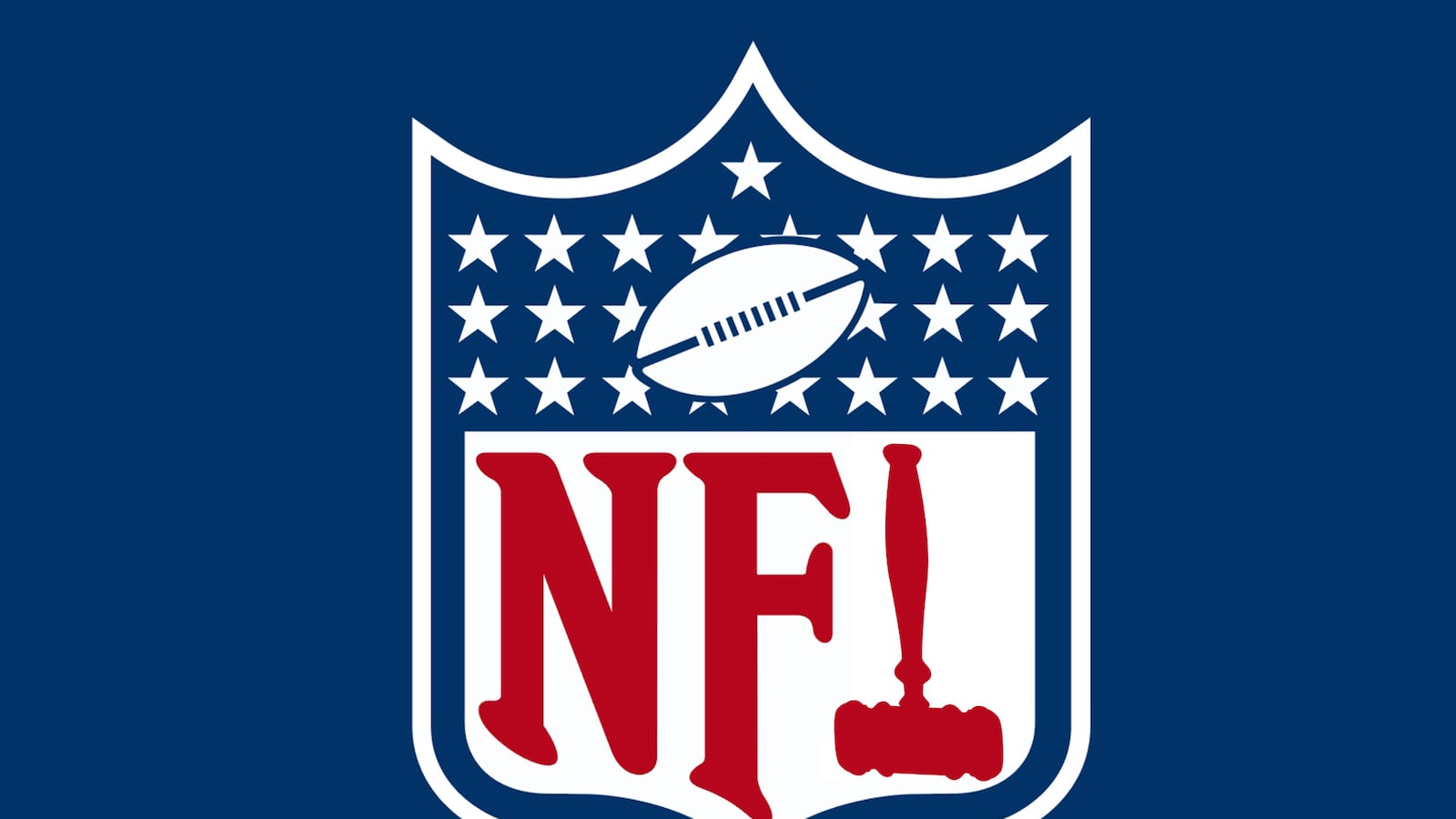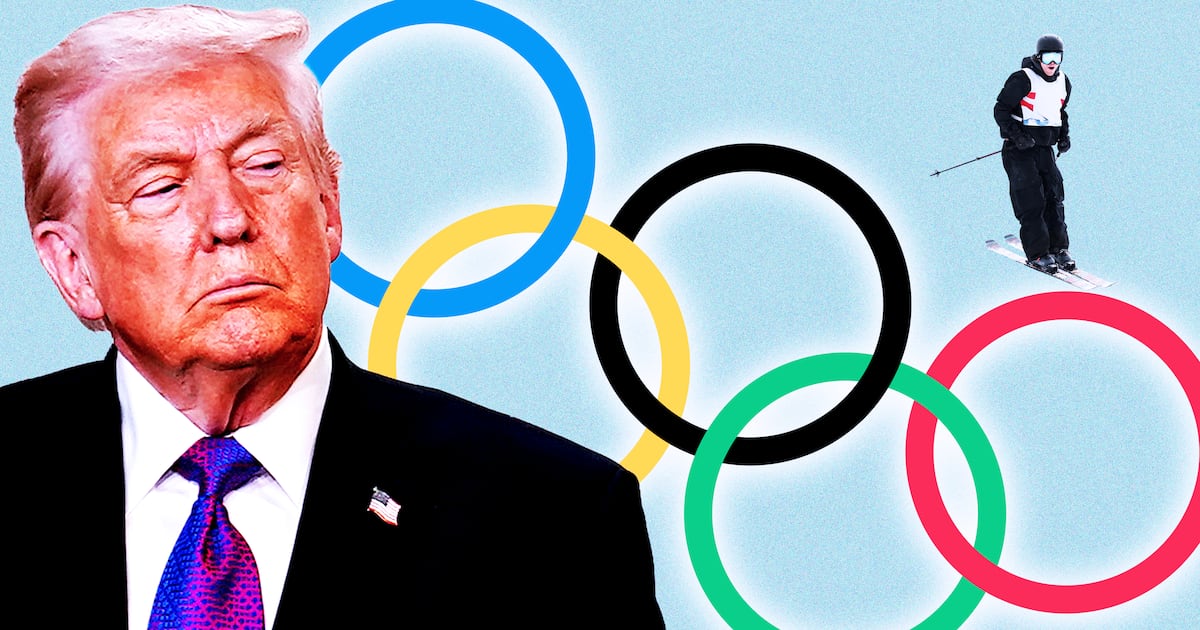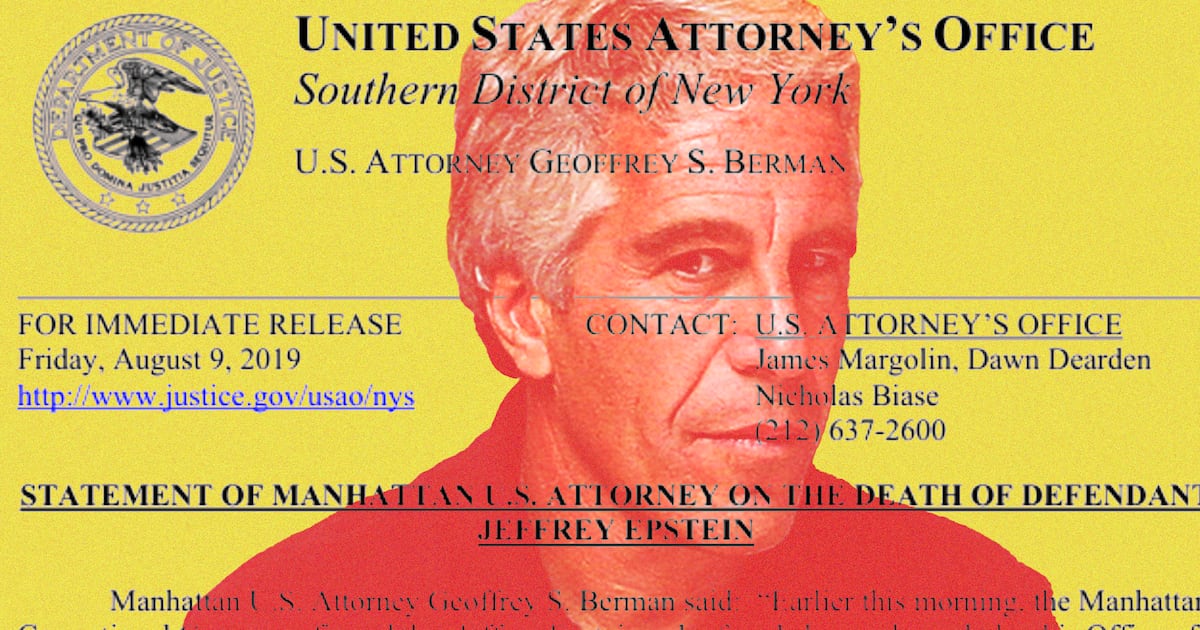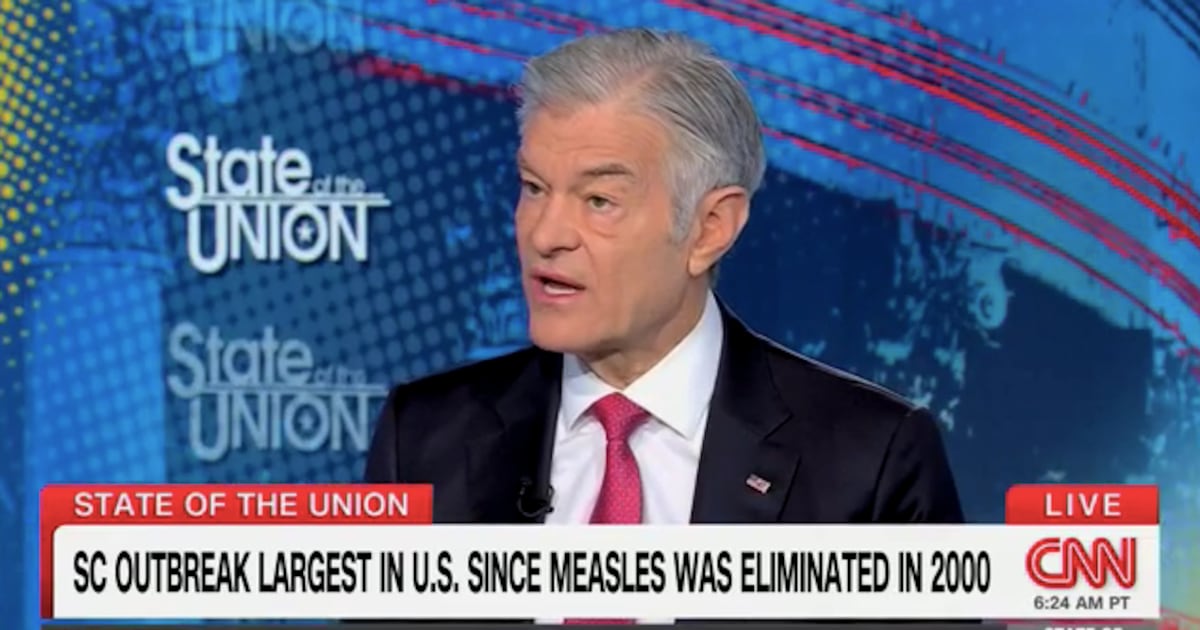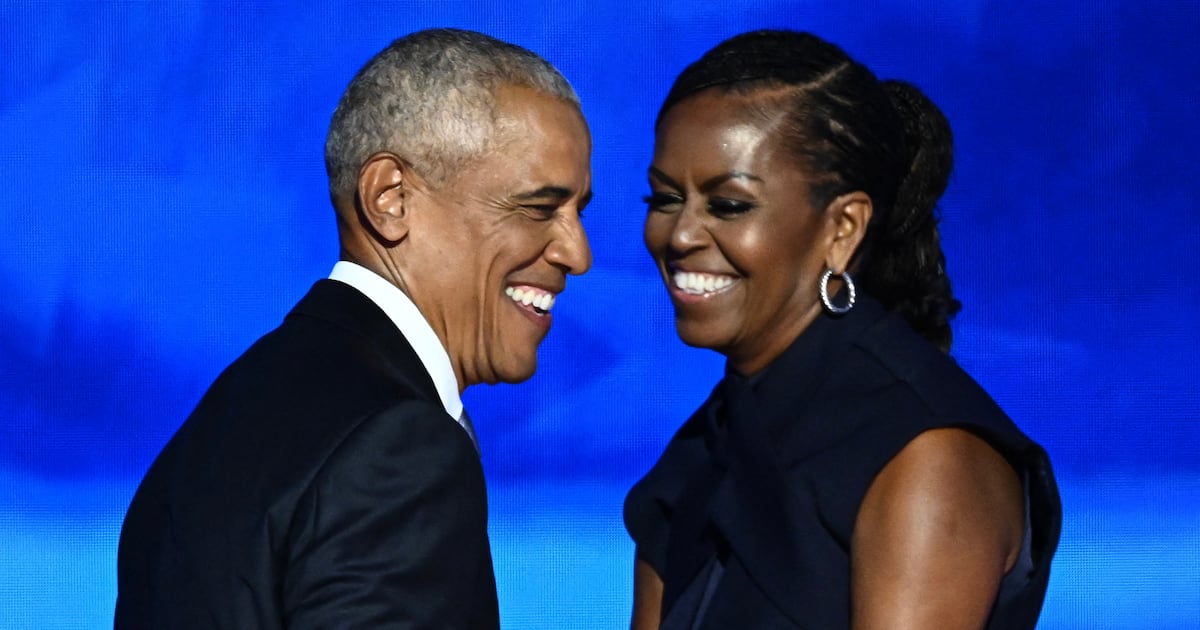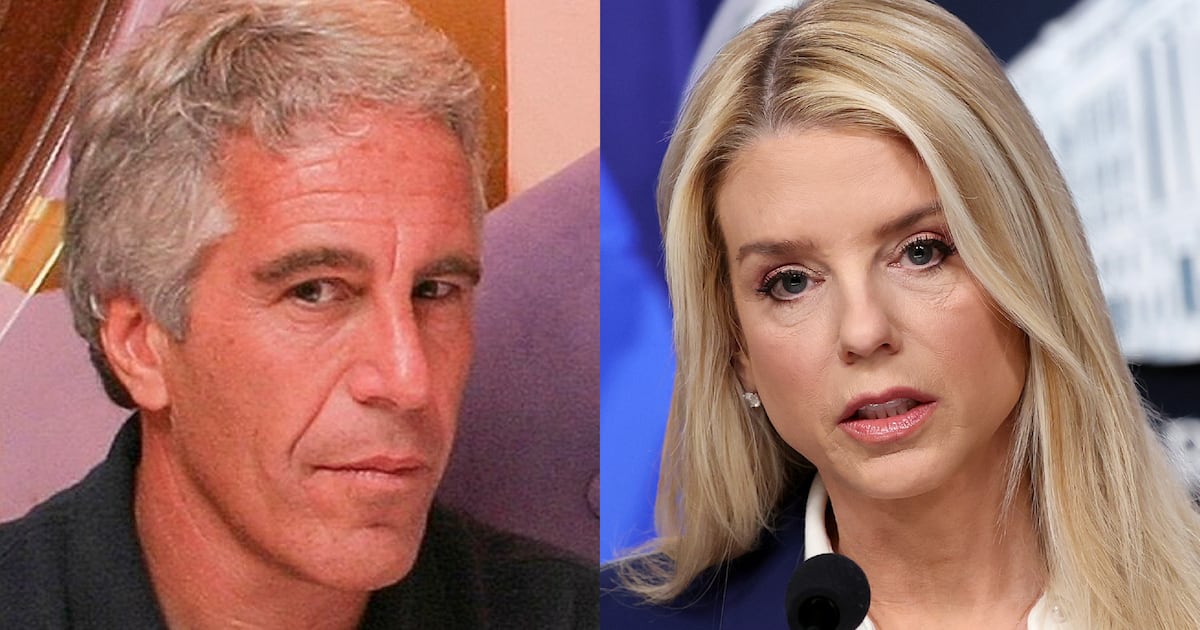The NFL is bluffing.
The league tried to strong-arm The New York Times on Tuesday into retracting a front-page exposé of the NFL’s flawed concussion research, even hinting at suing the paper if it didn’t get its way in a six-page letter sent out by powerhouse New York legal firm Paul Weiss.
But unless the league wants all of its concussion dirt spilled to the paper of record, legal experts predict there’s little chance the NFL is really going to sue The New York Times. If they did, it would open the league to a pretrial procedure called discovery, effectively exposing any pertinent concussion-related documents in the league’s files to the lawyers for one of America’s greatest journalism institutions.
“I’d be very, very surprised if they sue,” said Northeastern Law School professor Roger Abrams, who specializes in sports law. “It would open them up to discovery—then who knows what’s in there? It’s likely none of it will prove good for the NFL.”
Ironically, given the unlikeliness of the league letting the Times look into its own records, the letter demands—in language often used by attorneys to signal they may file suit—that “The Times reporters and editors who worked on this story preserve their notes, correspondence, emails, recordings and work papers and all other electronic and hard copy documents generated or received in connection with this work.”
The NFL’s primary objection to the Times’ report, headlined “N.F.L.’s Flawed Concussion Research and Ties to Tobacco Industry,” appears to be the paper’s linkage of the contact sport with the tobacco industry. The two businesses “shared lobbyists, lawyers and consultants,” according to the report, which the NFL in turn deemed “false and defamatory”—“pages of innuendo and speculation for a headline with no basis in fact.”
Many of the points in the letter from Paul Weiss–which also worked with the league in the Deflategate debacle–had already been shot down by the Times’ editors last week, in response to a previous statement from the NFL itself objecting to the story.
The Daily Beast reached out to the NFL’s vice president of communications, Brian McCarthy, to see if the league would actually sue The New York Times if the paper didn’t retract the article.
“We expect the Times to take our demand for a retraction seriously,” McCarthy responded in an email.
We asked again: “If [the Times] does not, will the league pursue legal action?”
“We are not going to prejudge the Times reaction,” McCarthy wrote back.
And we asked one more time, since “sports editor Jason Stallman has responded that he has ‘no reason to retract the story.’”
“We are reserving our rights,” McCarthy responded.
Abrams views the move as straightforward posturing by a league that knows it can’t move forward with legal action without putting its bottom line at risk.
“It is the right of the press to draw inferences from actual facts,” said Abrams.
“Putting fear into media is a trick used since hundreds of years ago, since we’ve had media.”
These warnings have worked for the league before, said Abrams, as part of a larger strategy to place pressure on news organizations to tamp down aggressive reporting on the concussion crisis threatening the $12 billion-a-year business.
It’s worked previously with places like ESPN and other major media properties that have their own financial stake in the league’s continued existence. For example, ESPN is in the midst of an eight-year, $15.2 billion television rights licensing contract that began in 2011. In 2013, the network’s journalists worked with PBS to co-create a documentary about the league’s mishandling of the concussion crisis.
Right before the documentary was set to be simulcast on ESPN, the network pulled out of airing the special and demanded that the sports net’s logo be stripped of the show “per ESPN’s request.”
That kind of pressure worked—no lawyers necessary. This is different.
“I don’t think anybody scares the Times,” said Abrams. “The NFL seems to be very angry. This seems like a tantrum. This is what we used to do on the schoolyard—the 12-year-old bully move. The league is trying to get them to be very afraid.”
And this may be the moment when threats stop working to “defend the shield.”
“At some point, the NFL has to figure out how to deal with employees that turned into vegetables too early,” he said.
“The NFL has a big problem. It’s not the Times. It’s that, as science moves forward, the NFL, and even us—even NFL fans—are going to know where all of this is coming from. And it’s going to make us sick to our stomachs.”

